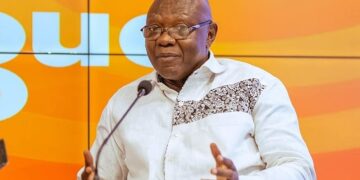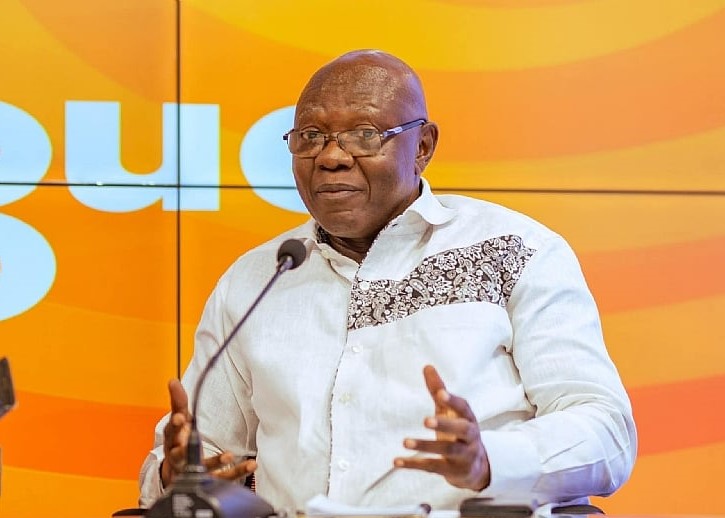Former Member of Parliament for Amenfi East and Board Chairman of the Ghana Investment Promotion Centre (GIPC), Dr. Akwasi Oppong-Fosu, has raised alarm over what he describes as the rapid rise of a destructive “transactional culture” in Ghana, one he says is eroding national values, weakening accountability and normalizing corruption.
Speaking at the Volta Region Students Association of Ghana (VORSAG) handing-over ceremony at the Ghana Communication Technology University (GCTU), on Wednesday, November 26, Dr. Oppong-Fosu said Ghana is increasingly becoming a society where personal gain supersedes national interest, and where leaders prioritize short-term political advantage over long-term national development.
“We are becoming a society where the pursuit of power is valued more than service, where opportunism is celebrated and integrity is punished,” he stated.
According to him, this troubling shift has reshaped leadership into a transactional exchange rather than a call to service.
“Leadership positions are negotiated in the marketplace. Influence is negotiated, loyalty is traded, and political success is increasingly determined by money rather than merit,” he noted.
Dr. Oppong-Fosu said the consequences of this culture are painfully evident in the monetization of politics, the erosion of accountability and the normalization of corruption.
He stressed that the public has become desensitized to the alarming scale of financial mismanagement.
“You are no longer surprised when you hear millions of dollars have been looted or squandered. Recently, an issue came up involving about $10 million, and someone asked, ‘Is that all?’ because we are now accustomed to hearing amounts running into billions of cedis,” he added.
He lamented that resources that should have been invested in infrastructure, job creation and national development have instead ended up in the hands of individuals due to the transactional nature of the country’s political processes.
Dr. Oppong-Fosu urged students and the youth to recognize the danger of normalizing corruption and to work toward restoring integrity, meritocracy and service-oriented leadership in Ghana’s political space.




















